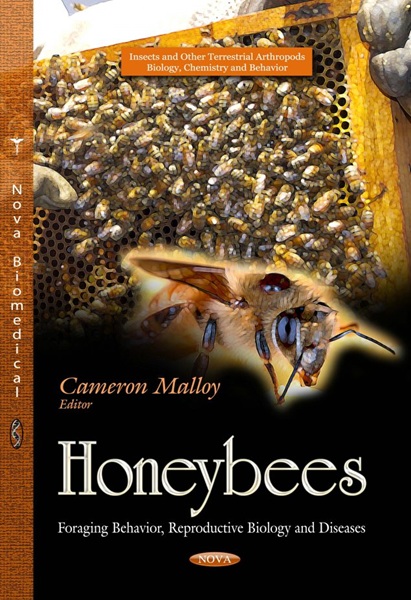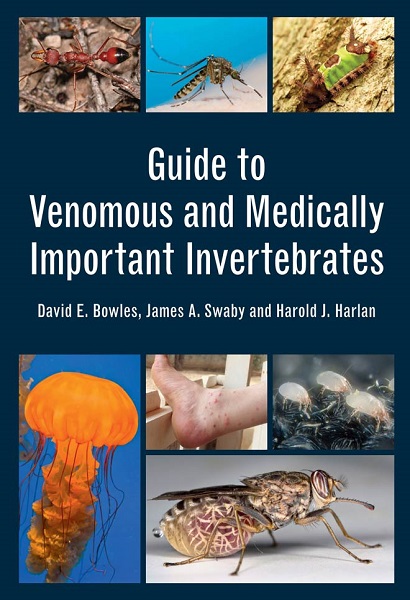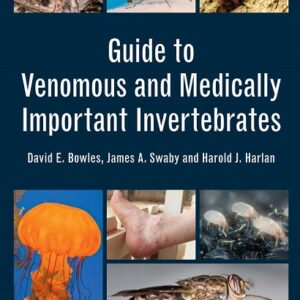Category: INVERTEBRATES
- Animal Management (6)
- Basic Biology-Ethology (15)
- Ecology-Ecosystems (2)
- Genetics-Biotechnology (1)
- Pathology (8)
INVERTEBRATES
Invertebrates include species such as insects, mollusks, crustaceans, arachnids, and echinoderms. Invertebrates inhabit nearly all ecosystems, from deep oceans to terrestrial environments, and play essential roles in ecological balance, pollination, and nutrient cycling. Recent studies highlight the evolutionary biology of invertebrates, tracing their origins back over 1,000 million years. Their adaptability has allowed them to thrive in various habitats, making them crucial subjects in biological and ecological research. More, invertebrates have been instrumental in scientific discoveries, including genetics, neurobiology, and environmental sciences.
Showing 1–24 of 31 resultsSorted by latest
Invertebrates include species such as insects, mollusks, crustaceans, arachnids, and echinoderms. Invertebrates inhabit nearly all ecosystems, from deep oceans to terrestrial environments, and play essential roles in ecological balance, pollination, and nutrient cycling. Recent studies highlight the evolutionary biology of invertebrates, tracing their origins back over 1,000 million years. Their adaptability has allowed them to thrive in various habitats, making them crucial subjects in biological and ecological research. More, invertebrates have been instrumental in scientific discoveries, including genetics, neurobiology, and environmental sciences.
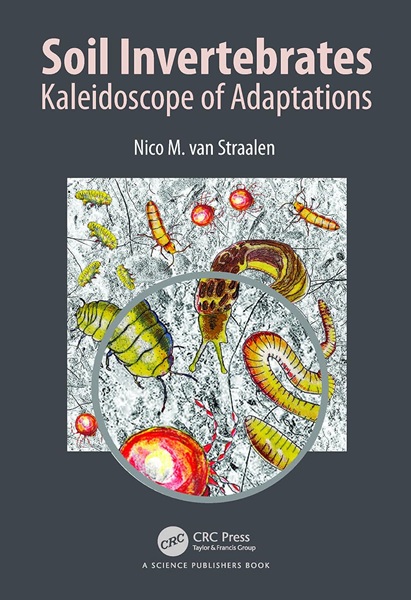

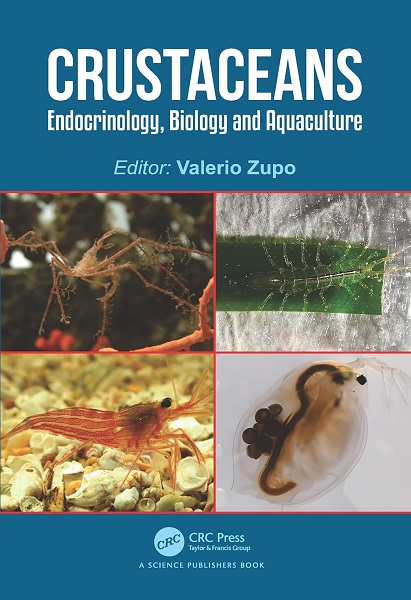

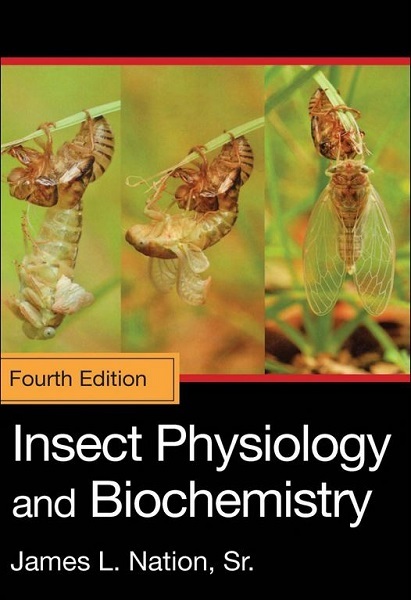
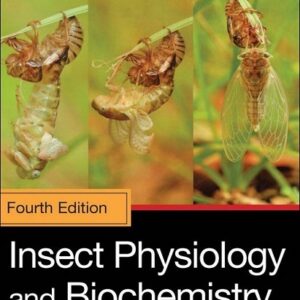
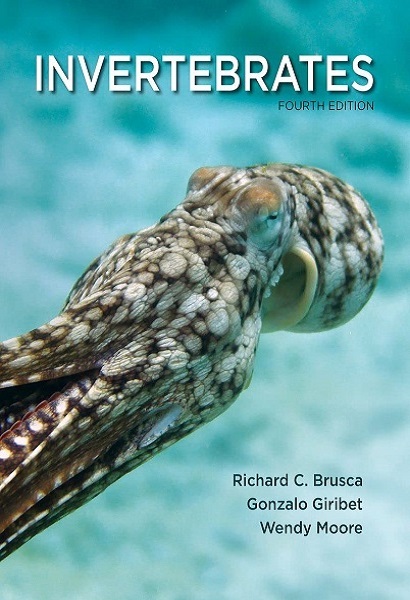
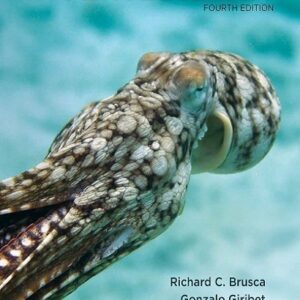
![Biology and Evolution of the Mollusca [2-volume set]](https://www.vet-library.com/wp-content/uploads/2024/01/products-Biology-and-evolution-of-the-mollusca_2-volume-set.jpg)
![Biology and Evolution of the Mollusca [2-volume set]](https://www.vet-library.com/wp-content/uploads/2024/01/products-Biology-and-evolution-of-the-mollusca_2-volume-set-300x300.jpg)
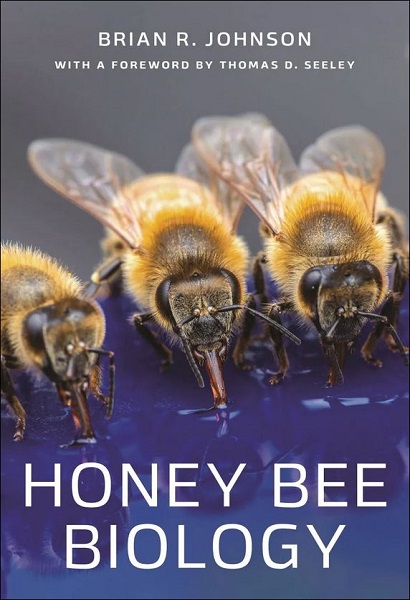
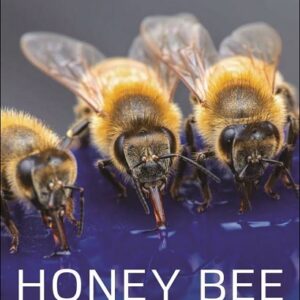
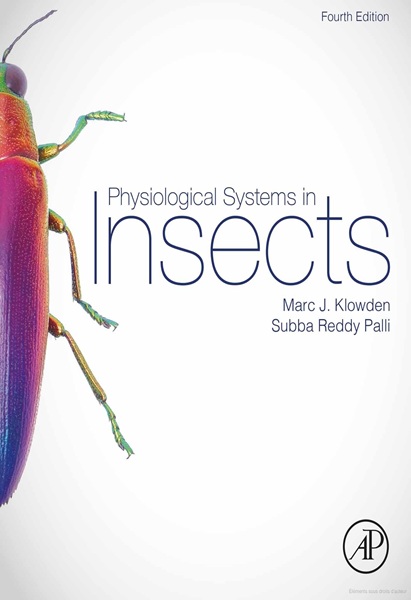
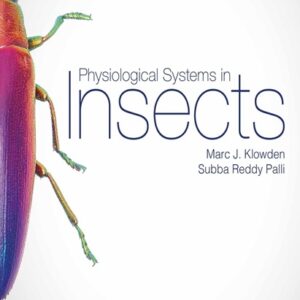
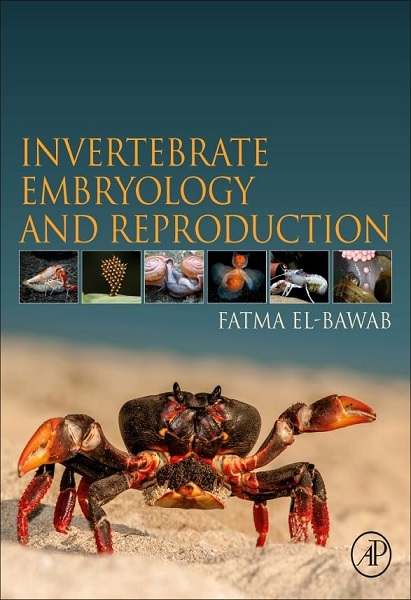


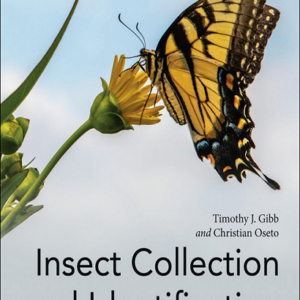
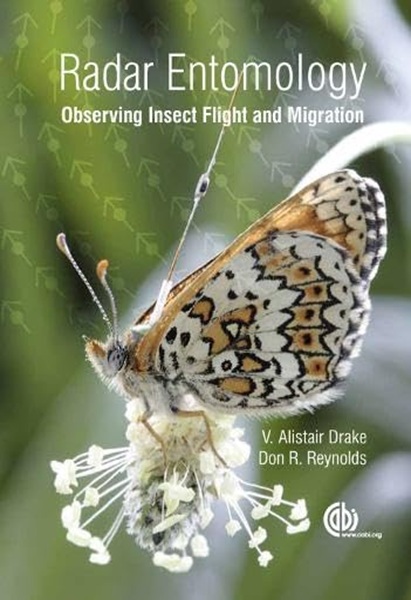
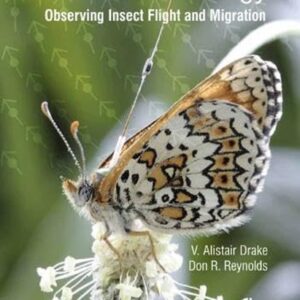
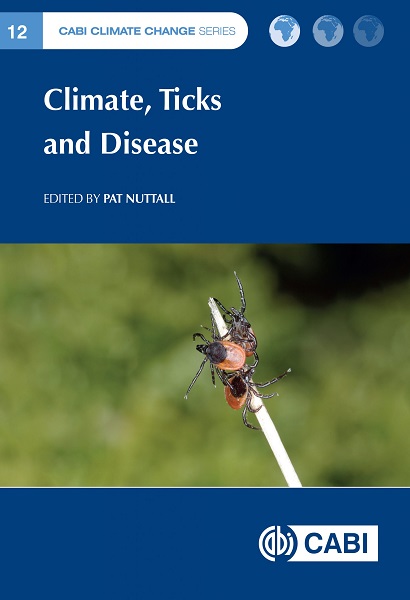
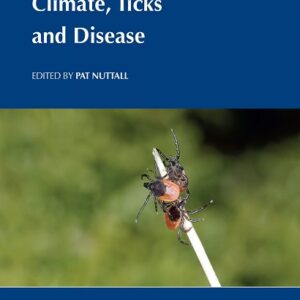
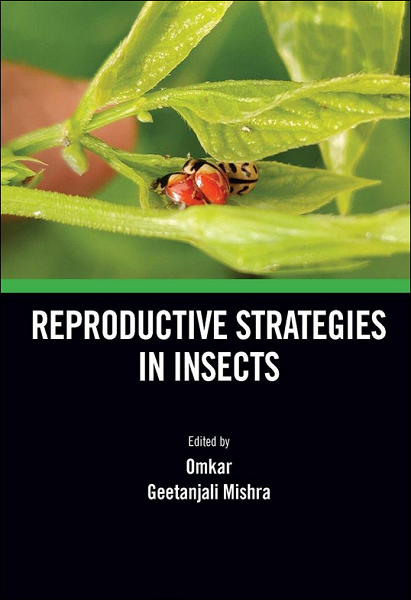
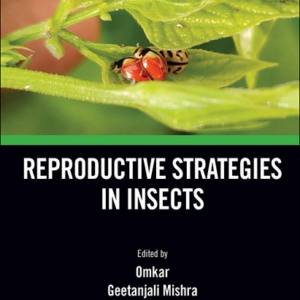
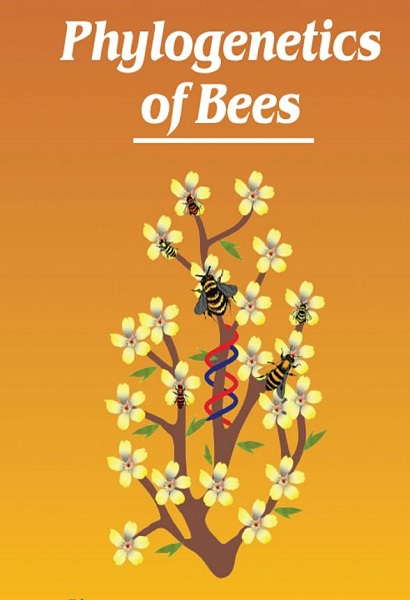
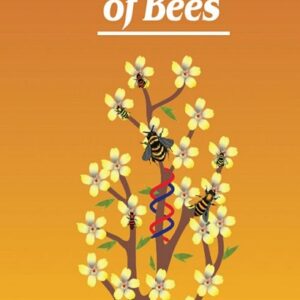




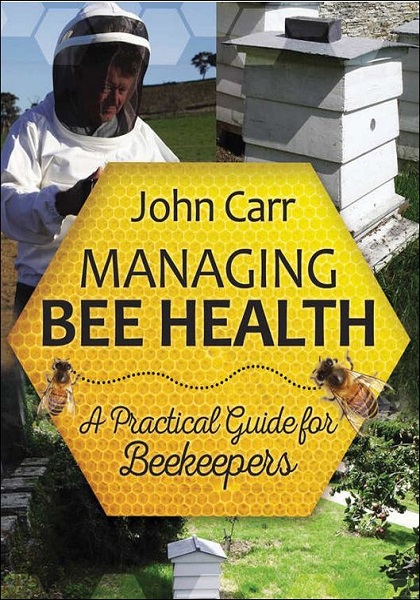
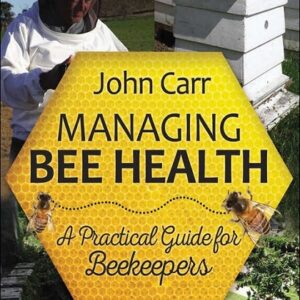
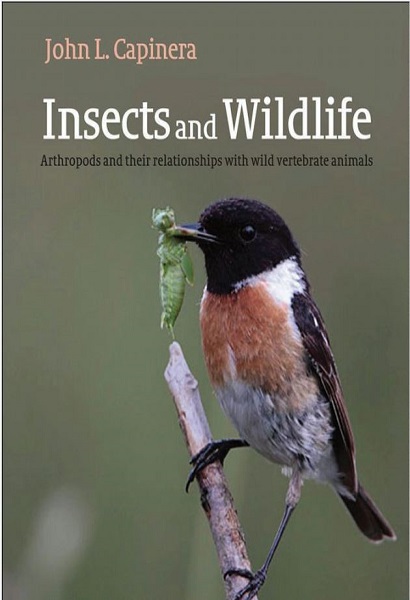
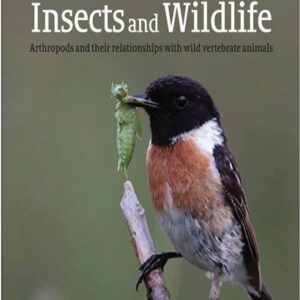
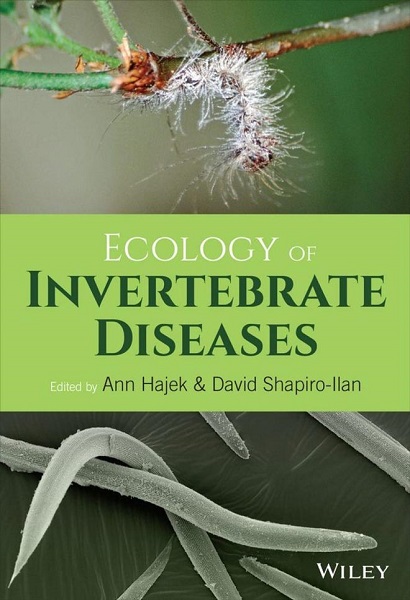
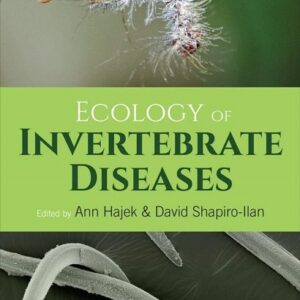
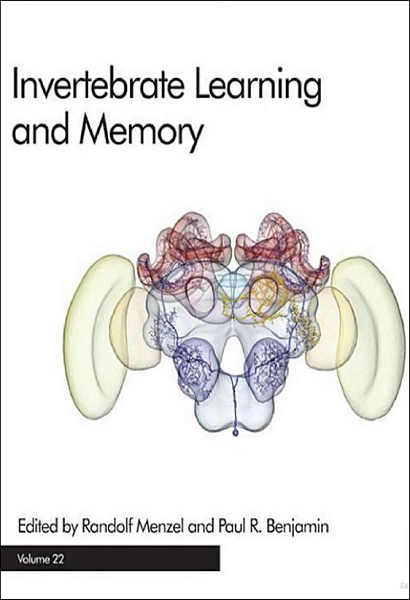

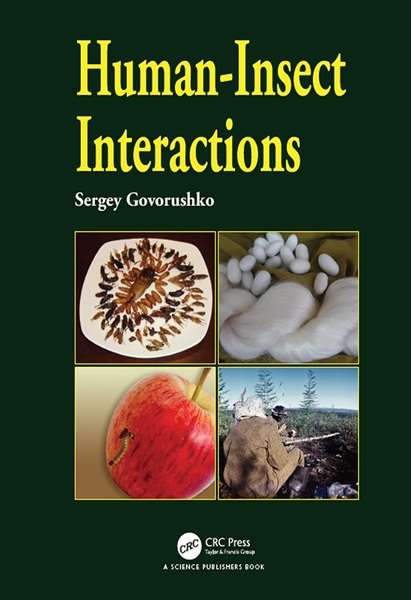

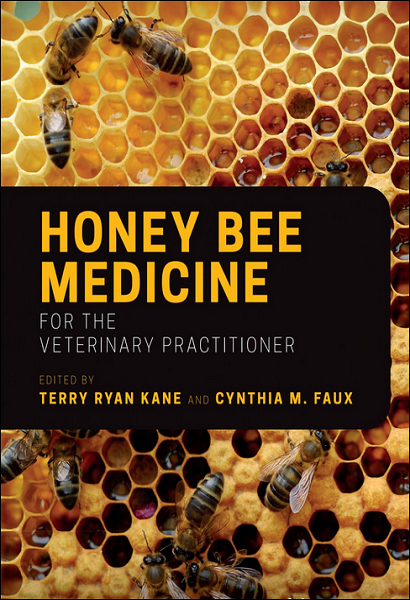

![Advances in Invertebrate (Neuro) Endocrinology: A Collection of Reviews in the Post-Genomic Era [2-volume set]](https://www.vet-library.com/wp-content/uploads/2022/11/products-Advances-in-invertebrate-neuro-endocrinology.jpg)

